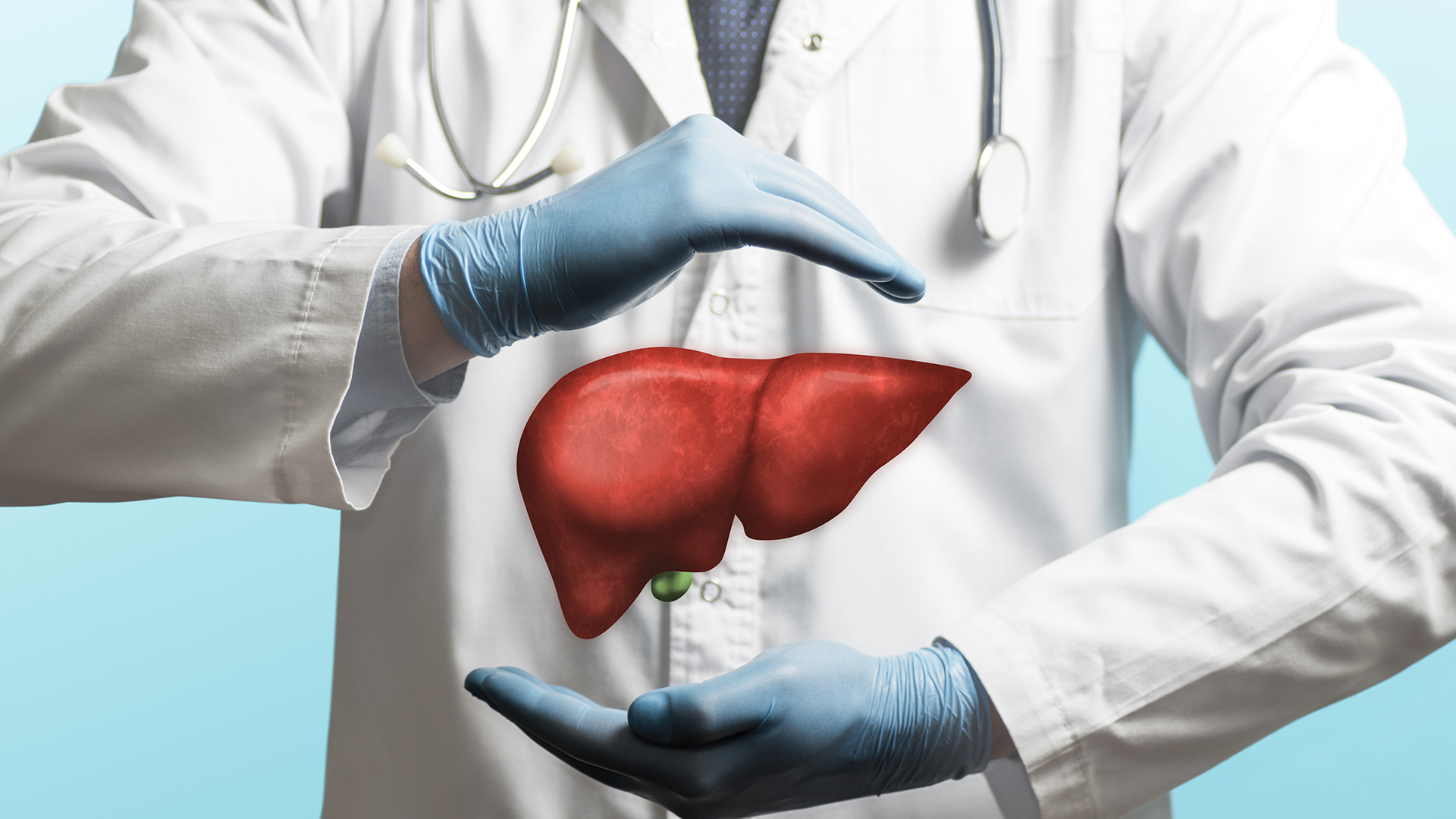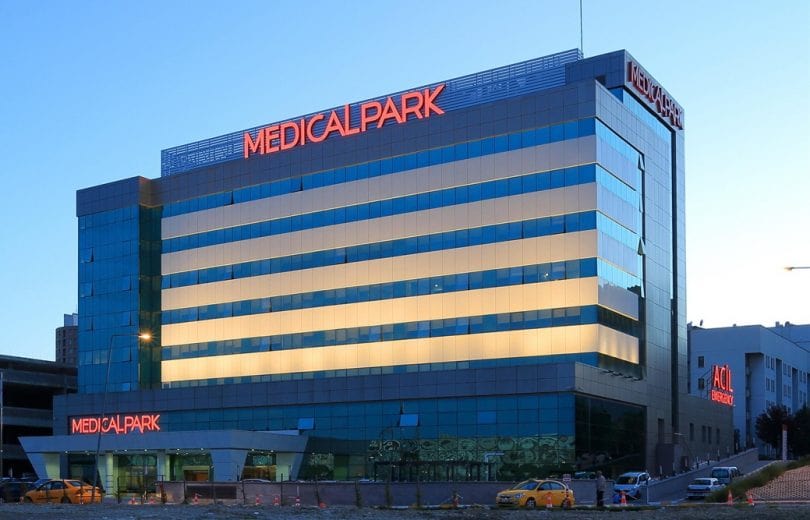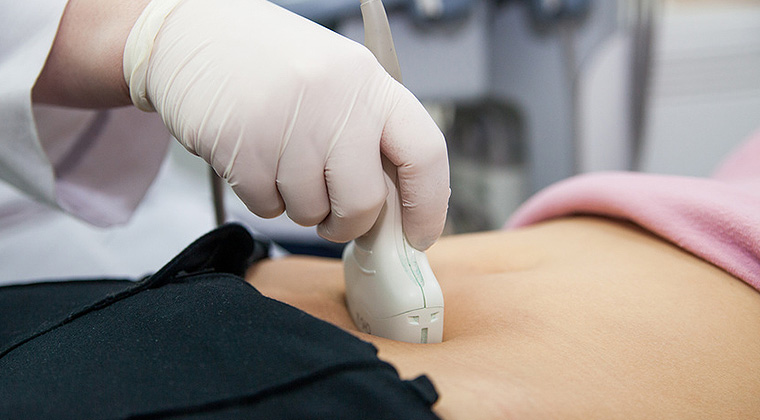Calls for Ukraine
Calls for Europe
Calls for USA

Liver transplantation is a surgical procedure in which a patient’s damaged liver is replaced with a healthy donor organ. This life-saving surgery is the last chance for thousands of people suffering from end-stage liver failure and various hepatological diseases that do not respond to conventional treatment. Despite the high complexity of the procedure, modern advancements in transplantology allow doctors to achieve impressive patient survival results.
With extensive experience in medical tourism, MedTour collaborates with leading clinics specializing in liver transplantation. In this article, we will discuss liver transplant surgery in Turkey. Stay with us to learn about liver transplantation, when it is necessary, and which Turkish clinics offer the best services. We will also cover a critical concern for many patients in need of a liver transplant – the cost of the liver transplantation in Turkey.
The liver is an organ with a high regenerative capacity. However, in some cases, despite ongoing regeneration processes, hepatocytes are irreversibly damaged. The active pathological process leads to the transformation of a normal, healthy liver (soft in texture, with a smooth surface) into a hardened, nodular organ.
Chronic hepatocyte damage impairs liver function, leading to cirrhosis and life-threatening complications (bleeding from esophageal varices, ascites, and encephalopathy). Many consequences of chronic liver diseases can be effectively treated conservatively. However, if traditional methods fail, organ transplant should be considered.
There are several options for performing liver transplantation. Orthotopic liver transplantation is a surgical procedure in which the damaged organ is completely removed and replaced with a donor liver in its original anatomical position.
Heterotopic transplantation is also possible. Unlike orthotopic liver transplantation, in this case, the donor liver is placed in a different anatomical location (usually in the iliac fossa – the lower right part of the abdominal cavity). At the same time, the patient’s own liver is fully or partially preserved.
Additionally, auxiliary partial orthotopic liver transplantation (APOLT) is practiced in Turkey, when only a part of the donor organ (a lobe or a segment) is implanted next to the patient’s own liver. approach allows the patient’s own liver to regenerate if its damage is reversible.

A liver transplantation is usually recommended for patients whose other treatment methods have been ineffective. Indications for surgery include:
In Turkish clinics, liver transplantation is performed in accordance with international protocols and using advanced technologies. There are several ways to conduct the surgery:

Doctors in Turkish medical centers actively use advanced methods in the field of transplantology:
During a liver transplant, Turkish doctors follow a comprehensive approach. Before the surgery, a patient undergoes a step-by-step examination. After the transplant, a patient receives intensive monitoring in a specialized department, followed by rehabilitation and long-term health supervision.
The MedTour team has analyzed the cost of liver transplantation in leading Turkish clinics as of 2025.
| Clinic | Cost of the liver transplantation |
|---|---|
| Florence Nightingale |
$60,000 (€55,240) |
| Medical Park |
$50,000 (€46,050) |
| Liv Ulus Hospital |
$65,000 (€59,850) |
| Memorial Hospital Network |
$55,000 (€50,640) |
Liver transplant cost in other countries
Treatment in Turkey is significantly more affordable compared to clinics in other countries. For example:
However, some countries offer more budget-friendly options:
Liver transplant prices vary widely across different clinics and countries. Call the phone numbers listed on the website or use the contact form to get a free consultation. Our MedTour coordinating physician will help you find the medical center that best suits your individual needs and financial capabilities.
The MedTour team has selected for you the best Turkish clinics specializing in transplantology.

Florence Nightingale Hospital is a one of the top transplant hospitals in Turkey and specializes in a comprehensive approach to liver transplantation. A distinctive feature of the medical center is the unique method of managing liver blood flow during surgery, which minimizes the risk of ischemia-reperfusion injury. Doctors at Florence Nightingale have also introduced an innovative accelerated rehabilitation program after transplantation (ERAS protocol for transplantation), which reduces the time of hospital stay by 30-40%. The hospital is renowned for its advanced immunological monitoring laboratory, which uses the latest technology for early detection of signs of rejection, including the detection of donor-specific antibodies and non-invasive biomarkers.

The Medical Park Network of clinics has a modern Transplantation Center. More than 500 successful liver transplantations have been performed here. The clinic is a leader in living-donor transplant procedures and actively applies minimally invasive techniques for organ extraction from donors. Medical Park’s innovative development is a computerized decision support system for selecting donors and recipients, based on big data processing and artificial intelligence. The hospital also employs a unique method of real-time hemodynamic monitoring, which enables successful transplants even in patients with high anaesthetic risk.

The Liv Clinic Network operates the largest Organ Transplant Center in Turkey. More than 1,000 successful liver transplants were performed here. The clinic has implemented an ABO-incompatible transplantation program, allowing liver transplants despite donor-recipient blood type mismatches. In addition, Liv Ulus doctors use innovative hypothermic machine liver perfusion technology, enabling the use of extended-criteria donor organs from deceased donors. The hospital has also developed a unique pediatric transplant protocol, considering children’s metabolic features for more effective treatment.

Memorial is one of the first hospitals in the world to introduce robotic surgery (Da Vinci system) for liver transplantation in living donors. This minimally invasive approach reduces surgical trauma and speeds up recovery. A unique innovation at Memorial Hospital is its combined immunosuppressive therapy using the latest generation of monoclonal antibodies, which makes it possible to achieve immunological tolerance to the transplant in the future.
The clinic also offers bloodless transplantation (without the use of blood products), reducing the risk of postoperative complications compared to standard procedures.

Before undergoing a liver transplant in Turkey, patients undergo a comprehensive examination, including:
A mandatory condition for admitting a patient to liver transplantation is the elimination of possible sources of infection and the exclusion of the presence of tumor diseases. Patients with alcohol-related cirrhosis must provide proof of at least six months of sobriety before being considered for transplantation.
After a liver transplant, patients are closely monitored for liver function and complications. Typically, after 3–4 days in the intensive care unit, liver function and other systems stabilize and patients are transferred to the surgical department. After approximately two weeks of hospitalization patients are discharged home.
Post-transplant, immunosuppressive treatment is administered (weakening the immune system to prevent organ rejection). For this purpose, Turkish clinics use the latest generation of drugs. At the same time, prevention of viral and fungal infections, which are often found in people on immunosuppression, is carried out.
What is the average lifespan of a transplanted liver?
The longevity of a transplanted liver depends on many factors, including the patient’s overall health, the reason for the transplant, the quality of postoperative care, and compliance with immunosuppressive therapy.
On average:
Some individuals live with a transplanted organ for 20–30 years or longer, especially if the transplant was performed under optimal conditions and the patient follows medical recommendations.
What are the possible complications after transplantation?
A small percentage of transplant patients experience complications such as:
Rejection of the transplanted liver may also occur after transplantation, however, this does not necessarily mean that the organ will not function normally. Acute rejection that occurs after surgery is well treated pharmacologically with immunosuppressive drugs. A more severe issue is chronic rejection, which can lead to loss of the transplanted organ, although this happens very rarely.
Is it possible to undergo a second liver transplant?
Yes, a repeat liver transplant (retransplantation) is possible, but it is more complex and carries a higher risk of complications. After the first transplant, the 5-year survival rate is 70–75%. After repeated transplantation, this rate drops to 50–60%.
Not all patients are eligible for a second transplant – the main determining factor is the patient’s overall health condition. In some countries, reoperation is more strictly regulated due to a shortage of donor organs.
Patients who have undergone liver transplantation in Turkey highlight the high level of medical care, the professionalism of doctors, and the availability of advanced treatment methods. Thanks to the use of modern technologies and a comprehensive approach, even complex cases end with a successful outcome.
For a detailed look at how liver transplants are performed in Turkey, you can watch a video by Florence Nightingale Hospital. The video features specialists explaining innovative transplant techniques used at the clinic and showcases real-life success stories. One notable case involved twin siblings, where one child received a liver segment from the mother, and the other from the father. This was a rare and highly complex procedure, requiring exceptional precision and teamwork from the medical staff. However, thanks to the extensive experience of the surgical team and the use of cutting-edge technology, the transplant was successfully completed.
If you are interested in liver transplantation in Turkey, write or call us. A MedTour coordinating doctor will provide a free consultation and assist in arranging treatment at a top Turkish clinic.
Please rate the work of MedTour
